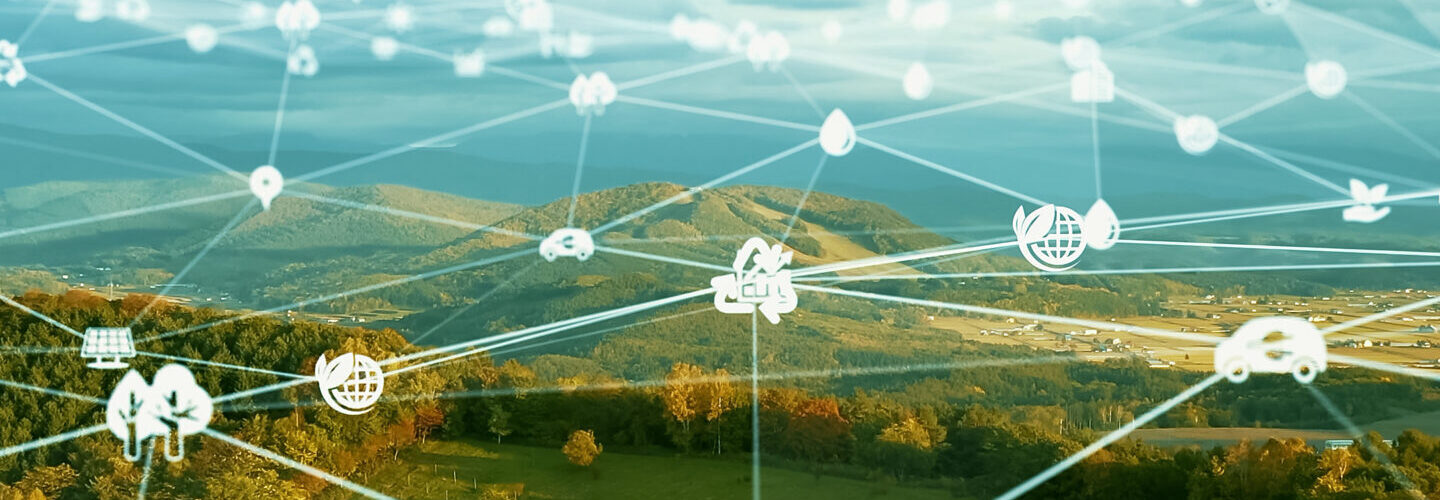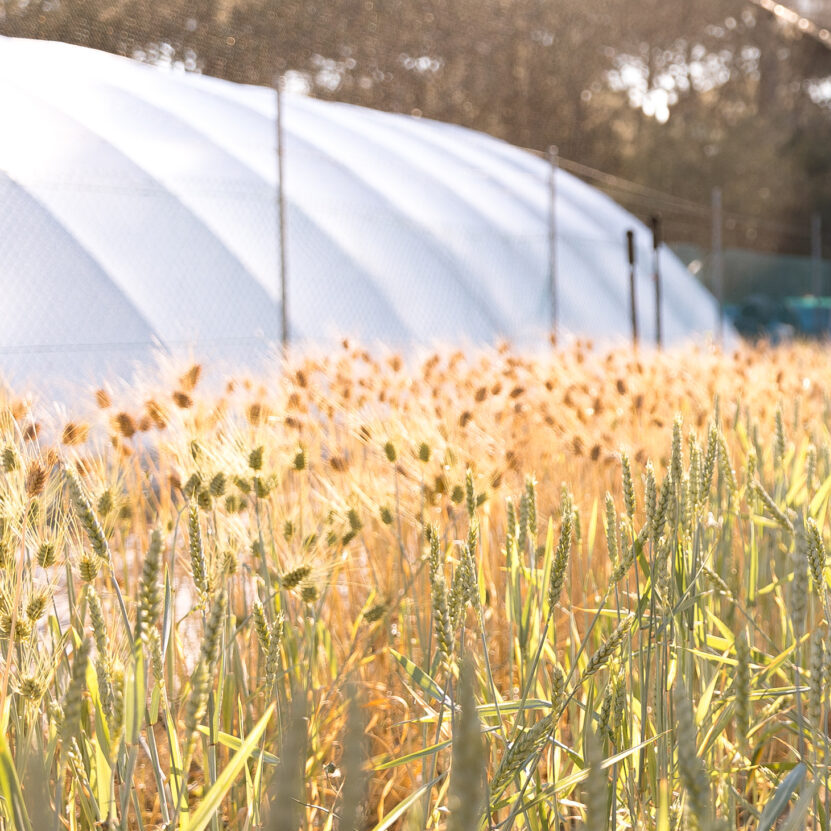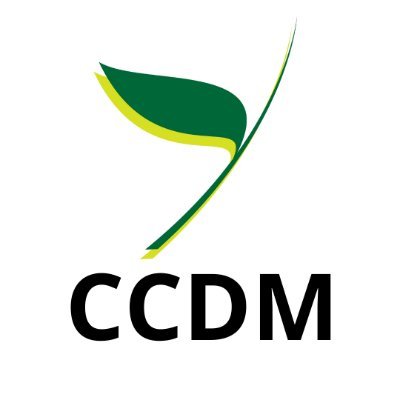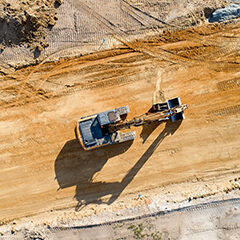Energy development
An inclusive, clean energy transition facilitates comprehensive development. When marginalised groups can access affordable clean energy, their wellbeing is bolstered and they can break the cycle of poverty.
An inclusive, clean energy transition facilitates comprehensive development. We envision a future in which marginalised sections of society have access to clean and affordable energy that bolsters their well-being and development, weakens the nexus between clean energy access and poverty, and fosters mutually supportive relationships. Our research findings will catalyse an equitable and all-encompassing energy transition—one that uplifts communities, ensures energy justice, and paves the way for inclusive prosperity for today and for future generations.
Areas of focus
- Clean cooking and household fuel transition
- Ecotourism
- Ending the cycle of poverty
- Energy access and marginalisation
- Energy technology in the Global South
- Food system, resource utilisation and environmental impact analysis
- Peace, conflict and development
- Sustainable food choices and energy sources for agricultural practice and food production
- UN Sustainable Development Goals
Impact and outcomes
- Development of energy-focused online training series delivered to students from 13 universities in Asia, Africa, Australasia and North America
- Extraction and purification of nutraceutical grade bioactive protein from lupins, resulting in the next commercialisation aspects for the industry partner.
- Licensing of lupin gelling protein to Wide Open Agriculture (WOA)
- Utilisation of underutilised crops for high-value ingredients, biomaterials, and food products (such as sorghum, oats and chickpeas) to extract high-value proteins, fibres, biomaterials and develop mainstream foods suitable for human consumption.
- Utilisation of food wastes for recovery of nutritionally and functionally superior ingredients
Projects
Research groups, facilities and centres

Global Futures
The Global Futures Platform applies rigorous thinking to the world’s most pressing challenges in international and intercultural relations, and pursues effective ways to create a safer, more just, globally connected world.

Agriculture Research Group
Finding ways to address environmental challenges, conserve biodiversity and secure the future of sustainable, economical and ethical food production.

Centre for Crop and Disease Management (CCDM)
With co-investment by the Grains Research and Development Corporation (GRDC) and Curtin University since 2014, CCDM continues to tackle major fungal pathogens and respond to industry needs to ensure a future of improved crops and more sustainable and integrated disease management.

WA School of Mines (WASM)
Consolidating engineering, economics and science capabilities to form WA School of Mines: Minerals, Energy and Chemical Engineering (WASM: MECE), the School attracts strong industry partnerships and investment in high-tech facilities, operating from campuses in Perth and the historic mining town of Kalgoorlie located in the Goldfields region of Western Australia.

Curtin Health and Innovation Research Institute (CHIRI)
CHIRI is Curtin’s flagship centre of medical research excellence with the scientific research capability to tackle complex diseases to improve the quality of life for millions of Australians.
Collaborations and partnerships
Australia Africa University Network

Centre for Australia-Africa Relations
